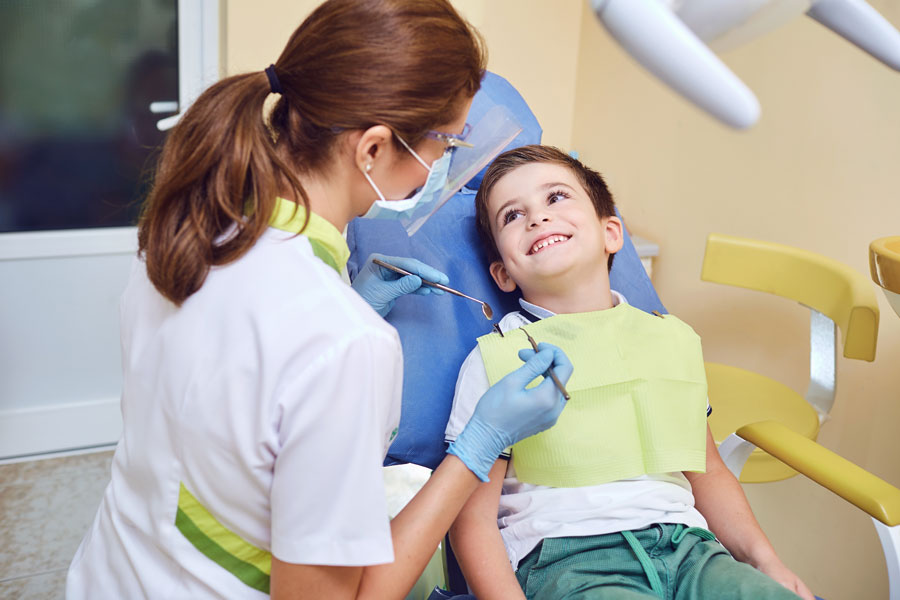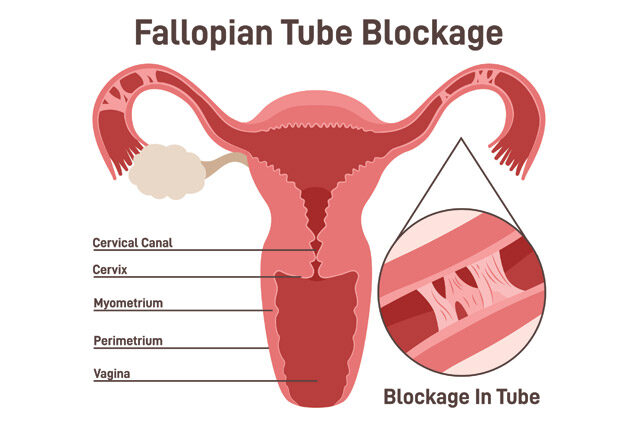First child’s teeth start to appear at the age of average 6 months. Then, when the kid is of 6 or 7 years old, they start to lose their first set of teeth to get so-called permanent teeth. And tooth decay – dental caries, a bacterial infection that causes cavity formation – is much more common among children than asthma. Studies say that more every second child has cavities in their primary teeth.
Untreated dental health issues tend to intensify and cause complications as we age. And an unattractive smile can be very harmful for the mental health, especially one of the teenager with the low self-esteem. This is where the importance of the pediatric dentistry is.
Children’s dentists sre the doctors whose area is expertise lies in providing dental care to kids of all ages: babies, toddlers, pre-schollers, school-aged, and adolescent. Growth and development of the children’s body creates unique issues and quite a medicine challenge and the health of gums, teeth, and jaw is not an exception – and a focus of this medical specialty.
What does they do
Pediatric dental medical professionals provide an extensive oral health care, including:
- Dental health exams that may include teeth health review, risk assessment, analysis of the undergoing treatment if any takes place.
- Consults regading proper oral hygiene and nutrition.
- Counseling on other aspects potentially affecting dental health, such as thumb sucking and the use of a pacifier.
- Performing prophylactic dental procedures including cleaning and fluoride treatments.
- Diagnostics and treatment of orthodontic problems (e.g. correcting a malocclusion which is a jaws’ misalignment or incorrect relation, teeth straightening).
- Diagnostics and treatment of caries.
- Diagnostics and treatment of gum diseases (swelling, inflammation, infections).
- Management of teeth injuries (knocked-out or traumatically damaged teeth).
- Early discovery and taking measurements of the oral conditions connected to other health issues, such as an HPV, diabetes, ADHD, etc.
What do you need to become one
Becoming a pediatric dentist requires years of training. A student has to receive a bachelor’s degree, then complete a full course in a dental school. This is followed by a series of dental certification exams and residency enrollment which provides much practical experience and in-depth dental training in one of the specialized fields:
- Pediatric dentist offers promotion of children’s dental health and educates their parents. They are the doctors you go to for regular check-ups.
- Orthodontics – as mentioned earlier, a specialty, focused on getting you straight teeth and well-aligned bite.
- Endodontics solve complex tooth issues that affect the insides of the tooth (like roots or dental pulp).
- Periodontics is a specialty caring for the health of patient’s gums and jaw bones. They also do dental implants.
- Preventative care.
- Prosthodontics is a study about replacement of the missing parts of teeth, bone, gums, or facial structures.
- Oral surgery manages operations performed on your teeth, gums, jaw or surrounding oral and facial structures.
- Restorative dentistry specialties in on repairing or replacing damaged or missing teeth and their supportive structures.
Why you should visit a pediatric dentist
It is recommended to take your children to the dentistry when their primary teeth appear. This way, your kid will eraly become familiar with the environment, will not be scared by the equipment and the procedure of the dental exam, and later will feel more confident if the need for treatment arises. Also, pediatric dentists teach bith children and their parents how to maintain a proper oral hygiene which will save much trouble with dental health in the future. Dentist’s advisory allows to catch oral health issues on the early stage when treatment is much easier, safer, and less expensive.
What usually happens at the visit
A routine dental check-up typically lasts not much longer than an hour. It usually includes:
- A brief survey and consult about child’s oral health, habits, possible questions, difficulties navigating, etc.
- A complete oral exam to check how the jaws and the teeth grow and develop, the presence of abnormalities, assessment of potential risks, evaluation of the overall teeth, gums, and mucous membranes health.
- Preventative measures such as cleaning, polishing, and fluoride varnishing.
Tips for parents
To ensure that your child will continue to get proper dental care as an independent adult, follow some simple rules:
- Always be positive about trips to the dentistry, make them fun, and do not scare your child with evil doctors to get them to comply.
- Make those visits regular to form a useful habit of keeping your health in check.
- Set a good example by your own healthcare routine.
The takeaway
Good oral health is essential for your child’s wellness. Neglected dental problems can be very problematic in the future and it is important that a child has a correct mindset about dentists, does not get scared of them and readily cooperates. Establishing wholesome and productive relationship between a kid and their pediatric dentist helps ensure that your child is healthy, has great quality of life and is confident about their smile.




